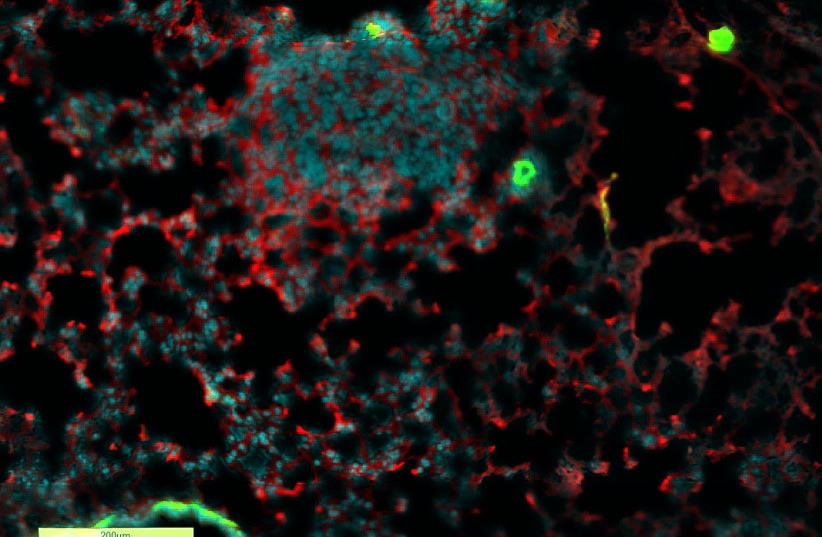An ultrasound designed by researchers from the Massachusetts Institute of Technology can detect tumors from the earliest stages of breast cancer, the university announced on Friday.
The research was published by the university on Friday in the peer-reviewed journal Science Advances. The innovation is significant because a diagnosis of breast cancer in its earliest stages has a survival rate of nearly 100 percent, but that percentage drops if it's only discovered at later stages.
The ultrasound device was designed to be wearable, which is a flexible patch that can be attached to a bra. The device will allow those who wear it to detect tumors at an early stage. Images from the ultrasound are obtained by researchers with resolutions comparable to that used in medical imaging centers.
The study describes the device as "a nature-inspired honeycomb-shaped patch" that is equipped with a tracker that "provides for large-area, deep scanning, and multiangle breast imaging capability."
"First of its kind tech"
It also describes the invention as a "first-of-its-kind ultrasound technology for breast tissue scanning and imaging that offers a noninvasive method for tracking real-time dynamic changes of soft tissue."

The research started when Canan Dagdeviren, an associate professor in MIT’s Media Lab and the senior author of the study, drew up a rough schematic of a device that could be incorporated into a bra. Dagdeviren was inspired by her late aunt and drew the schematic while at her bedside.
Researchers tested their device on one person, a 71-year-old woman with a history of breast cysts. However, to see the ultrasound images, researchers have to connect their scanners to the ultrasound machine used in imaging centers. Therefore, they are working on a miniaturized version of the imaging system.
Researchers also hope that artificial intelligence can be utilized to changing of images over time.
